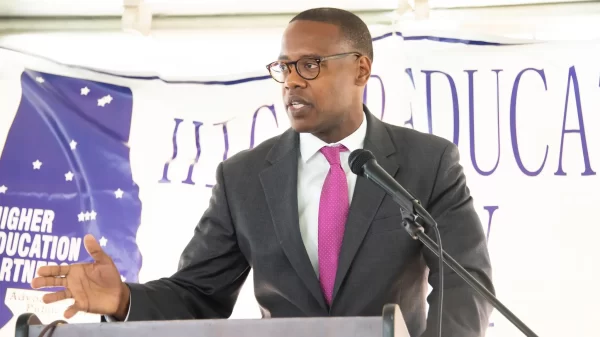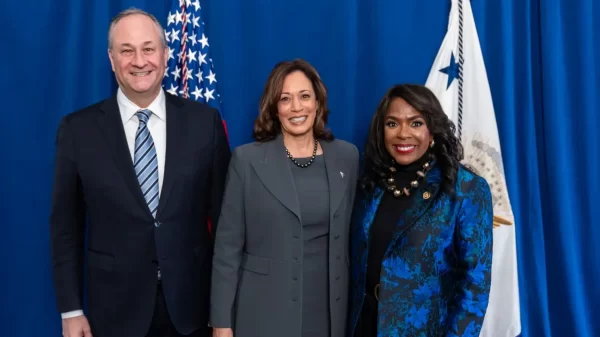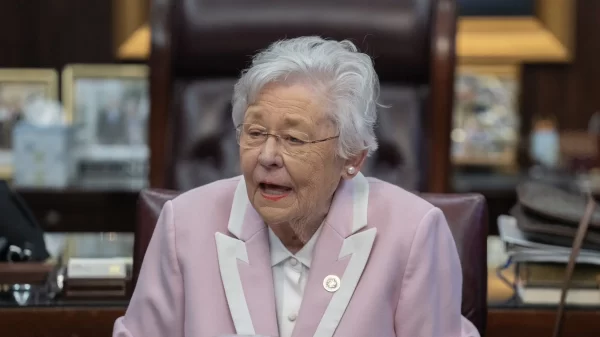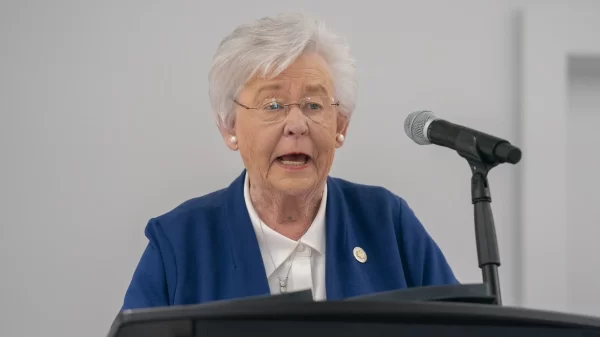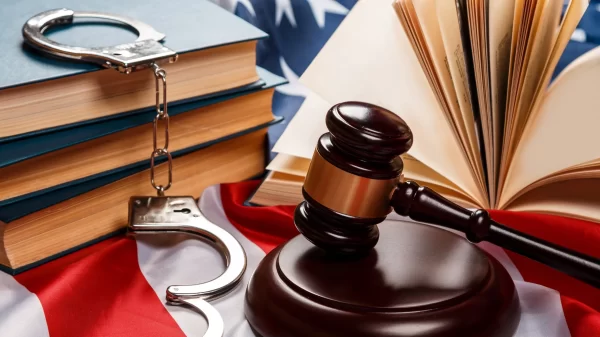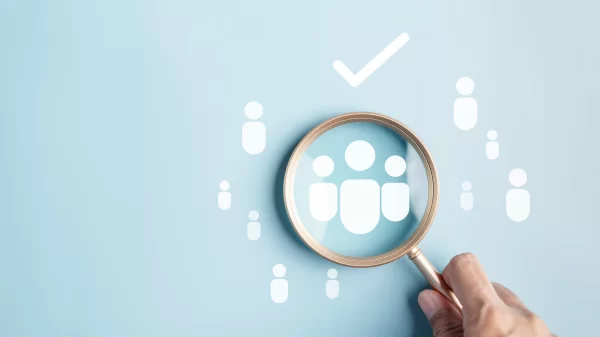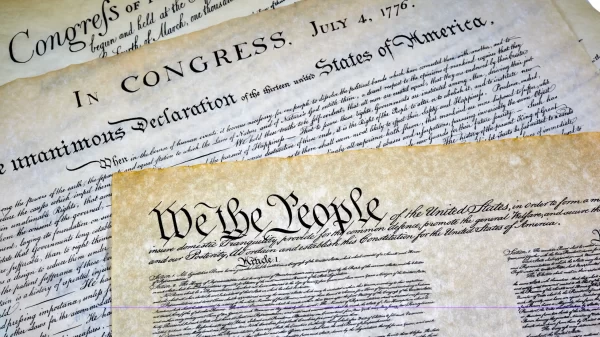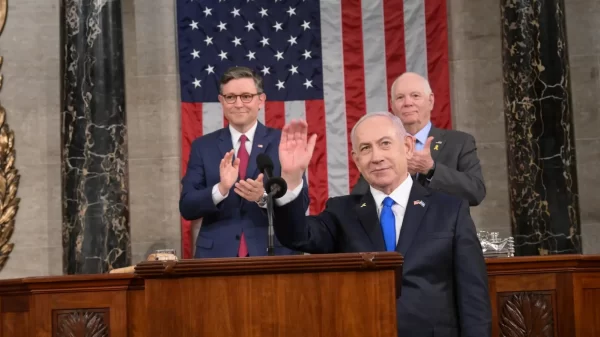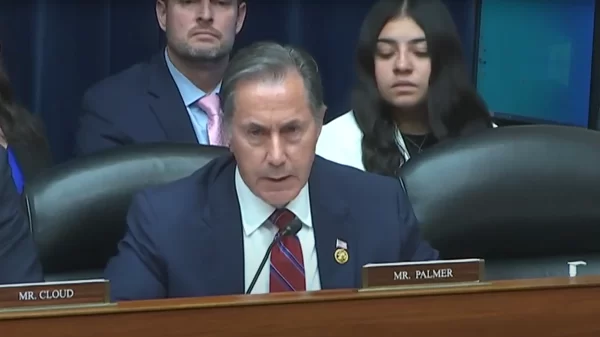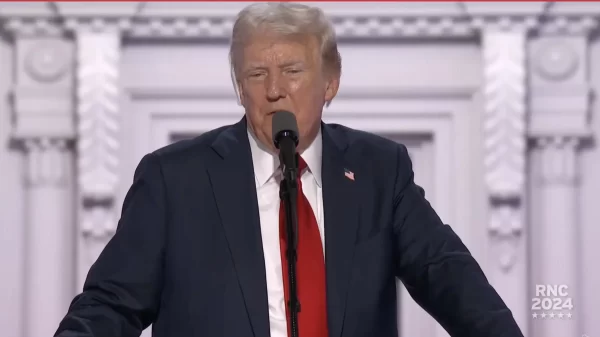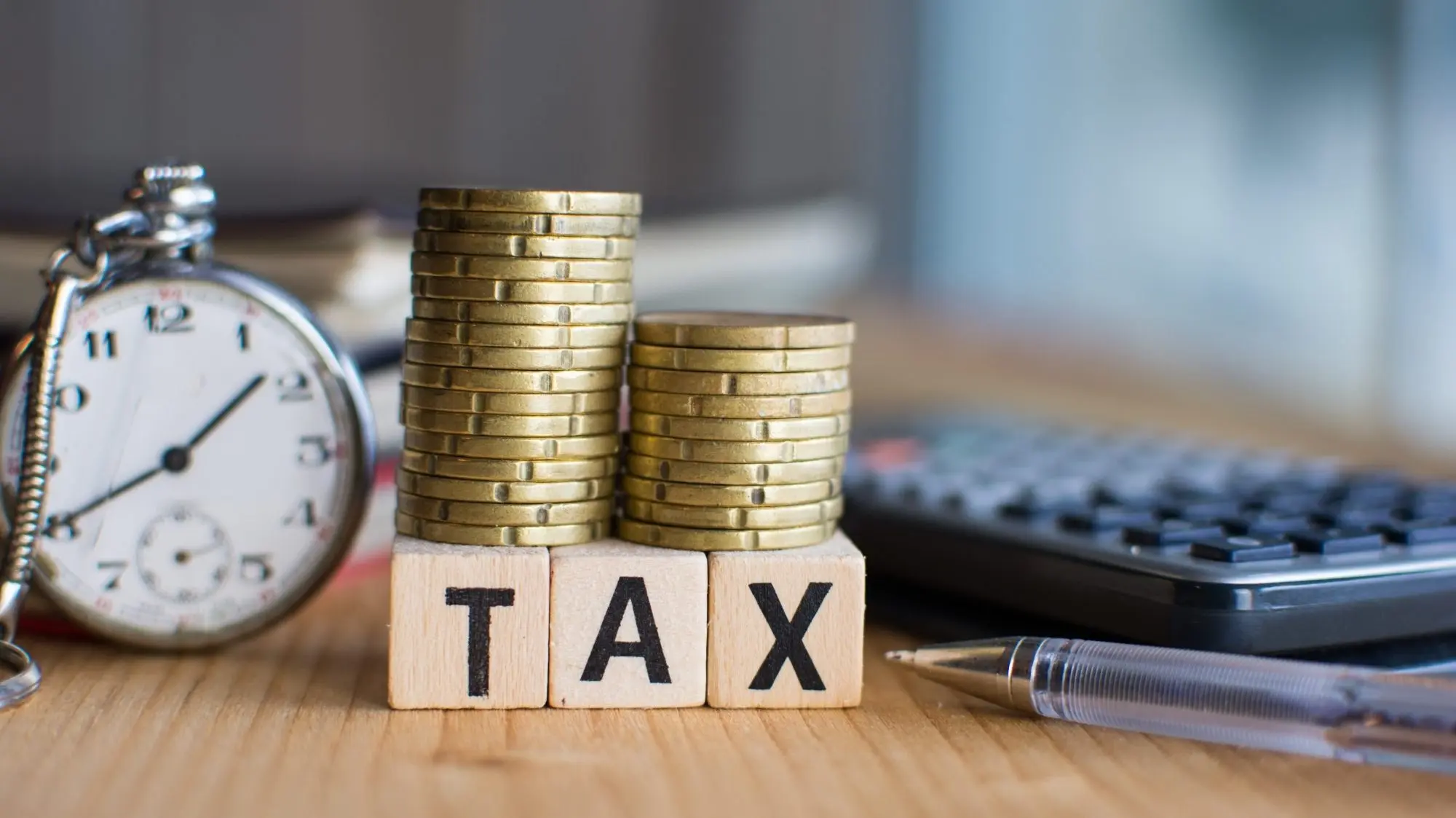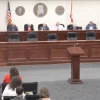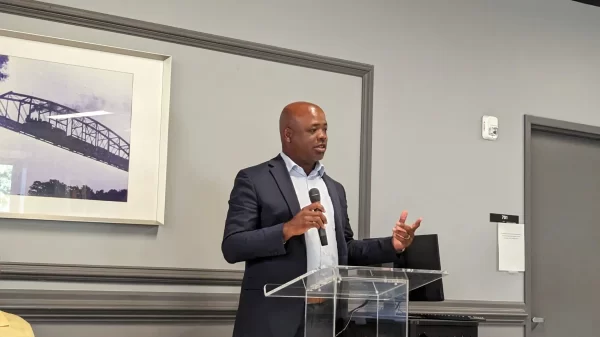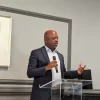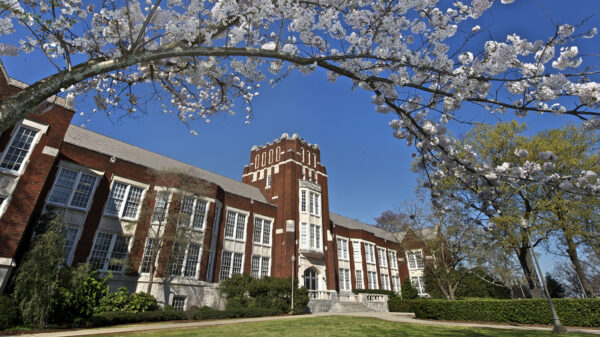|
Getting your Trinity Audio player ready...
|
Sales taxes levied on online purchases could soon match tax rates at brick-and-mortar stores as a bill raising the tax advanced Wednesday out of a House committee.
When Rep. Chris England, D-Tuscaloosa, pre-filed a similar bill, the new 1.3 percent would have gone to local school boards in an effort to “make whole” school systems see the potential for a traditional revenue source to shift away from them.
But the bill that England brought before committee last week, HB258, had no piece of the pie for education, leading members of the education community to voice their opposition to the bill during a public hearing.
Those conversations last week led to an amendment Wednesday to divert 20 percent of the tax to the State Department of Education, to be distributed to local boards of education on a prorated basis, depending on the system’s average daily membership the year prior.
The bill raises the online sales tax about 1.3 percent to match the state average sales tax of 9.3 percent. Supporters of the bill, including the Alabama Retail Association, said this will give brick and mortar stores a fairer playing field for shoppers’ dollars.
The explosive tax revenue has also been crucial for city, and especially for county governments. While most local and state sales taxes go overwhelmingly to education, these funds have been going straight to municipal and county general funds—giving a sudden reliable source of revenue.
Rep. Troy Stubbs, R-Wetumpka, said some counties have already partnered with their local boards of education to ensure they get a piece of the online sales tax revenue, and said Wednesday that he hopes those partnerships continue despite some of the revenue now going directly to education.
“I would hope that those counties who are voluntarily participating will not view this as an out to get out of the agreement that they were already in,” Stubbs said.
Stubbs chaired the Elmore County Commission when it decided to voluntarily share 25 percent of its online sales tax revenue with the local school board.
The initial 8 percent tax rate that the state is currently operating on was an incentive to online retailers who, at the time, were not required to remit sales tax at all. The state offered a “Simplified Sellers Use Tax” (SSUT) to companies to get on board and lock in a lower, flat rate of 8 percent.
The U.S. Supreme Court has since ruled, however, that states can require online retailers to remit sales tax, meaning no incentive is necessary any longer. England said that is another reason why he brought the bill forward.

